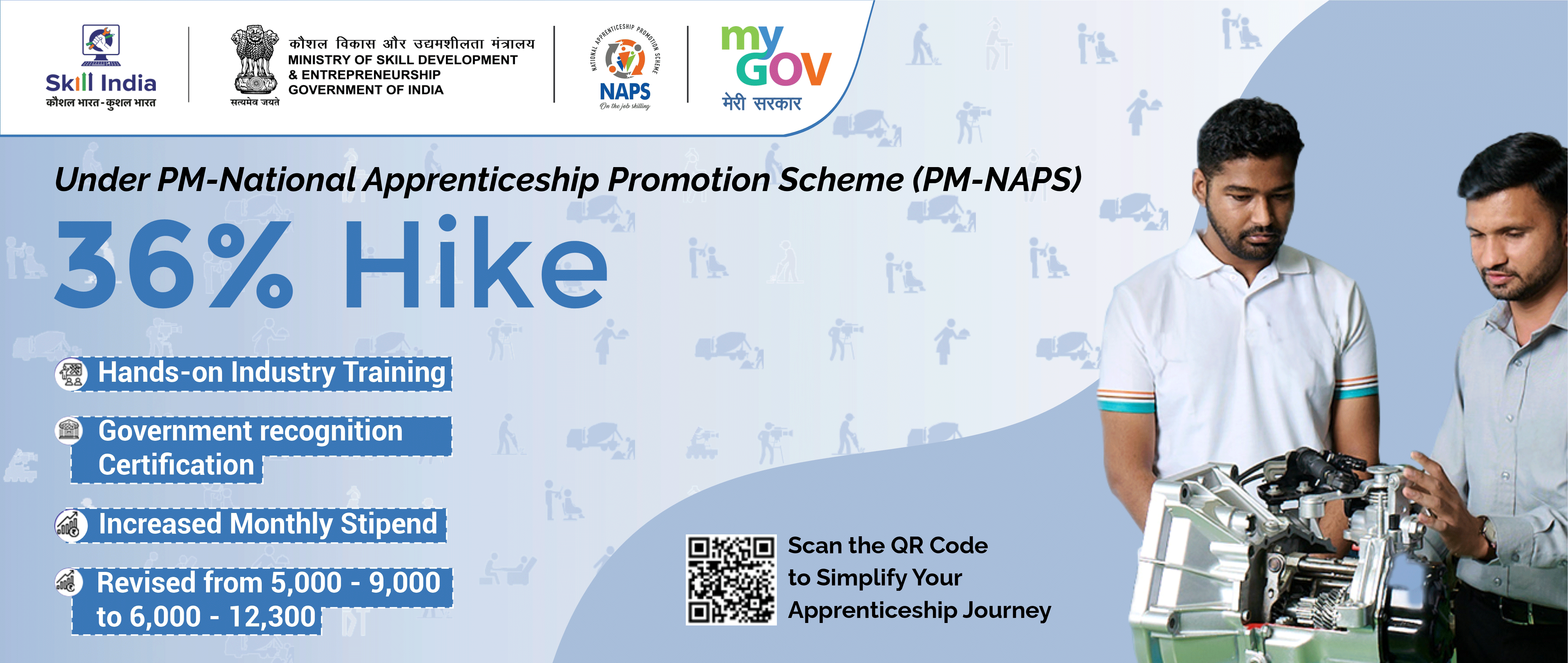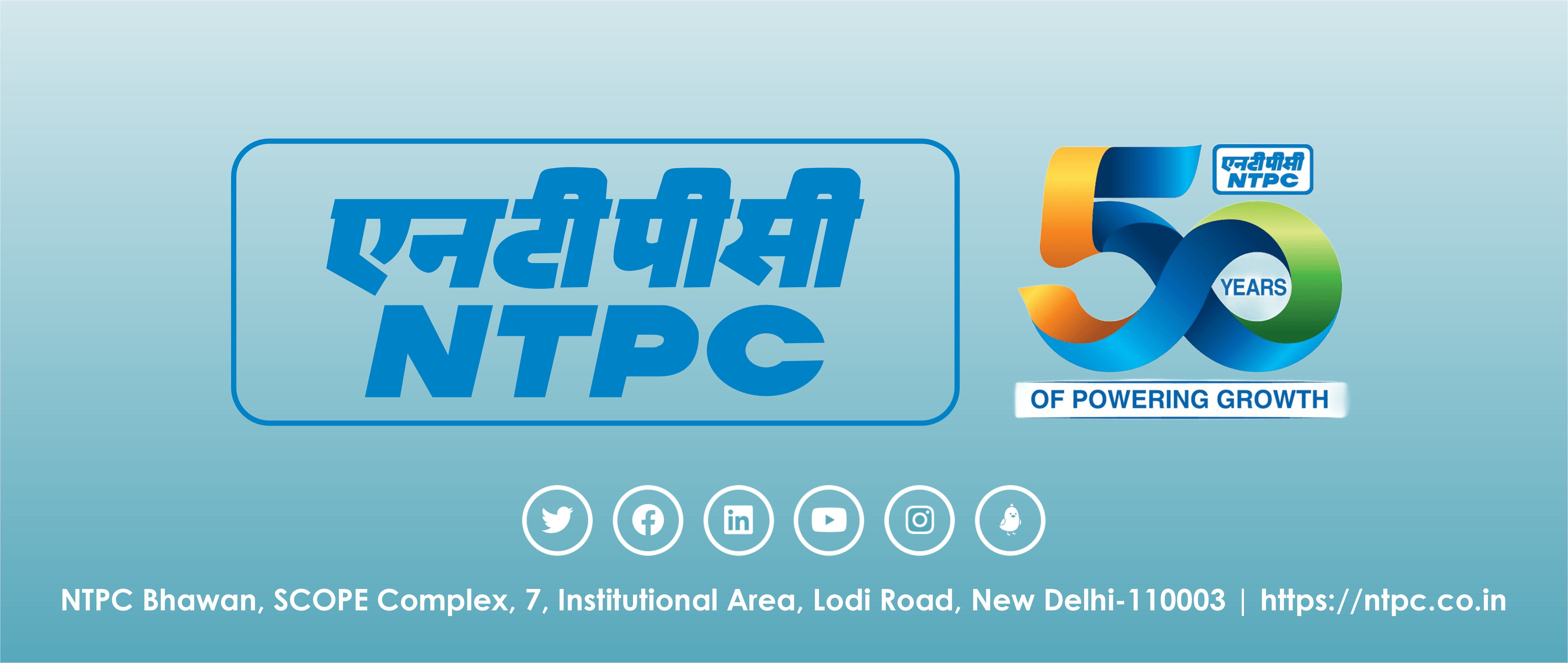TO RECIEVE EXCLUSIVE POSTS AND NEWS
![]() Kabhi Khushi, Kabhie Gum.
The results from North-eastern states of Tripura, Meghalaya, and Nagaland sent a wave of cheers among BJP workers after the party's losing spree in Maharani's Rajasthan and neo MP monarch Shivraj Singh Chauhan.
Even before the national ruling party could get over the hangover of hard-earned victories in the Northeast followed the drubbing in UP's Gorakhpur and Phulpur and Bihar's Araria.
These losses may not mean much.
Gills Verniers, assistant professor of Political Science and Co-Director of the Trivedi Centre for Political Data, Ashoka University, writes: " Do these by-elections prefigure a successful SP-BSP alliance in 2019? Undoubtedly, such an alliance would be a force to reckon with.
But this alliance remains a far-fetched idea for three reasons. First, there is a history of acrimony between the leaders of both parties. Akhilesh may have distanced himself from his father, but Mayawati never forgot her tussles with Mulayam. Given that the next election might be a question of survival for her and her party, she might, however, change her position.
Second, there are internal factors working against this alliance. Both parties have historically depended on three types of electoral bases. The first base comes from their core electoral groups (Jatav Dalits and Yadavs). The second base is provided by Muslim voters, who, by and large, have supported candidates from either party. The third source comes from the candidates themselves, recruited among locally dominant groups, and whose electoral base may or may not coincide with the two parties' core support bases. It is the third type of support that is likely to derail an SP-BSP alliance since a seat-sharing agreement between the two parties means losing half the tickets they may aspire to. Many of them might contest on third-party tickets or even try to get BJP tickets.
And finally, should it happen, this alliance will last as long as there is no power-sharing consideration between the two parties, besides seat-sharing agreements. They may collectively defeat the BJP but they will not be able to govern together. Be that as it may, the race for 2019 remains wide open".
But can the BJP and its alliance partners count on the possibility that the SP-BSP is a transitory matter and doomed to failure?
That may be suicidal, won't that?
The UP, Bihar, Rajasthan, and MP losses of the NDA can be directedly traced to the BJP's over-reliance on the popularity of Prime Minister Narendra Modi and state CMs and its basic caste formulations.
But personal appeals and charms of leaders and caste formulations can't substitute for good administrations run on pragmatic and innovative ideas targeted at maximum good.
What is good administration? The one in which the role, responsibility, and power of each minister and civil servants are well defined and not subject at all to the whims of political and economic cabals.
What is the axis of pragmatic and innovative ideas targeted at the maximum good in India's context? Undoubtedly, it is agriculture and all activities centred around it. Not for nothing, it's called the primary sector of the economy. Even though its share in the economy is put at 17.32% (2016), it is the largest employment generator, and on the average, the well-being of more than 60% of the people is directly linked to fortunes. Further, the fate of consumer industries and direct and indirect employment generation in these industries is also directly and proportionately linked to agriculture and allied industries.
Bad administration always begets bad policies.
Bhopal, Jaipur, Lucknow, Patna, and New Delhi have come to become synonymous with bad administrations. Without going into the performance evaluation of each and every leader in these states, it is sufficient to state that there is no reward for intelligent and honest work, much less punishment. Power is more centralized than before, but responsibilities are vaguel
Kabhi Khushi, Kabhie Gum.
The results from North-eastern states of Tripura, Meghalaya, and Nagaland sent a wave of cheers among BJP workers after the party's losing spree in Maharani's Rajasthan and neo MP monarch Shivraj Singh Chauhan.
Even before the national ruling party could get over the hangover of hard-earned victories in the Northeast followed the drubbing in UP's Gorakhpur and Phulpur and Bihar's Araria.
These losses may not mean much.
Gills Verniers, assistant professor of Political Science and Co-Director of the Trivedi Centre for Political Data, Ashoka University, writes: " Do these by-elections prefigure a successful SP-BSP alliance in 2019? Undoubtedly, such an alliance would be a force to reckon with.
But this alliance remains a far-fetched idea for three reasons. First, there is a history of acrimony between the leaders of both parties. Akhilesh may have distanced himself from his father, but Mayawati never forgot her tussles with Mulayam. Given that the next election might be a question of survival for her and her party, she might, however, change her position.
Second, there are internal factors working against this alliance. Both parties have historically depended on three types of electoral bases. The first base comes from their core electoral groups (Jatav Dalits and Yadavs). The second base is provided by Muslim voters, who, by and large, have supported candidates from either party. The third source comes from the candidates themselves, recruited among locally dominant groups, and whose electoral base may or may not coincide with the two parties' core support bases. It is the third type of support that is likely to derail an SP-BSP alliance since a seat-sharing agreement between the two parties means losing half the tickets they may aspire to. Many of them might contest on third-party tickets or even try to get BJP tickets.
And finally, should it happen, this alliance will last as long as there is no power-sharing consideration between the two parties, besides seat-sharing agreements. They may collectively defeat the BJP but they will not be able to govern together. Be that as it may, the race for 2019 remains wide open".
But can the BJP and its alliance partners count on the possibility that the SP-BSP is a transitory matter and doomed to failure?
That may be suicidal, won't that?
The UP, Bihar, Rajasthan, and MP losses of the NDA can be directedly traced to the BJP's over-reliance on the popularity of Prime Minister Narendra Modi and state CMs and its basic caste formulations.
But personal appeals and charms of leaders and caste formulations can't substitute for good administrations run on pragmatic and innovative ideas targeted at maximum good.
What is good administration? The one in which the role, responsibility, and power of each minister and civil servants are well defined and not subject at all to the whims of political and economic cabals.
What is the axis of pragmatic and innovative ideas targeted at the maximum good in India's context? Undoubtedly, it is agriculture and all activities centred around it. Not for nothing, it's called the primary sector of the economy. Even though its share in the economy is put at 17.32% (2016), it is the largest employment generator, and on the average, the well-being of more than 60% of the people is directly linked to fortunes. Further, the fate of consumer industries and direct and indirect employment generation in these industries is also directly and proportionately linked to agriculture and allied industries.
Bad administration always begets bad policies.
Bhopal, Jaipur, Lucknow, Patna, and New Delhi have come to become synonymous with bad administrations. Without going into the performance evaluation of each and every leader in these states, it is sufficient to state that there is no reward for intelligent and honest work, much less punishment. Power is more centralized than before, but responsibilities are vaguel























